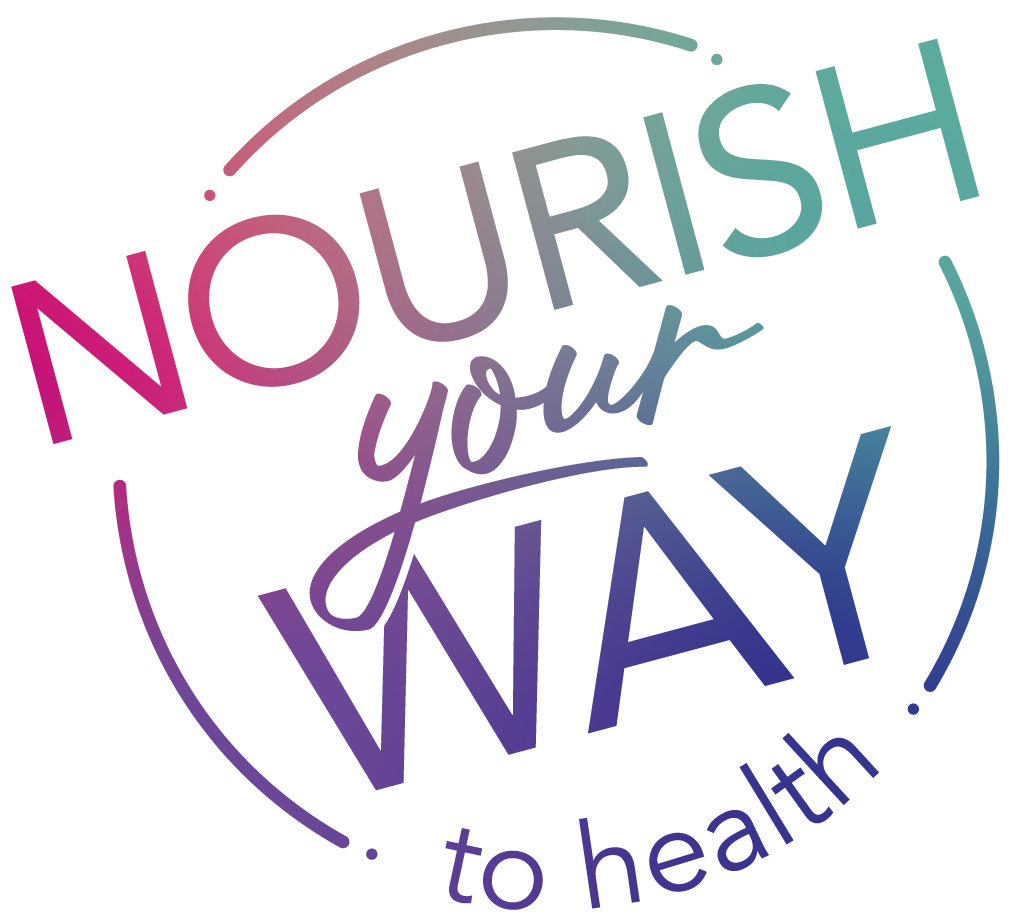
Looking Outside Mainstream Healthcare
I was lucky that I got a tip to look outside mainstream healthcare when I was diagnosed with MS. I felt so grateful that I found a solution to heal all of my MS symptoms. With western medicine, the only option I had was to start a drug program. I wasn’t guaranteed anything except a hope that I should not get worse and that I may have some side effects if I started this medication regimen. God, am I glad that I looked outside the system! So many people don’t look elsewhere and continue to deteriorate. Someday education on diet and lifestyle for healing will be a normal occurrence, but unfortunately, not yet.
Western healthcare systems have made immense strides in treating acute illnesses and managing chronic diseases through pharmaceuticals, surgery, and technology. However, they have historically underemphasized the role that diet and lifestyle play in healing and preventing disease. This lag is due to a complex mix of cultural, economic, pharmaceutical greed, and systemic factors. Medical education in the West is still heavily focused on pathology and pharmacology, with relatively little attention given to nutrition or the social determinants of health. Sadly, many physicians are not equipped with the tools or time to guide patients toward healthier lifestyles.
STORY:
When Melissa was 31 years old, Melissa had a stroke-like incident, after which she knew she had to do something about her health. One day, she became completely paralyzed and found herself on the floor—her young kids thought she was dead. She couldn’t talk or move. The only thing she could do was hear. She had to wait until her husband got home from work to pick her up and take her to bed. She didn’t have any movement until the next day when she gained a little back, at which point she could tell her husband what happened. This was the turning point. She had three boys—under the ages of 6—who needed her.
It took a year and half of going to different doctors before Melissa was finally diagnosed with MS. Melissa was 33 at the time. Doctors gave her the option of trying two different chemo drugs, and they gave her a phone number for the location in town to get a wheelchair. One doctor said, “Make your home handicap accessible—the best we can hope for is to slow this disease down with drugs.”
“Melissa asked the doctor if she could do anything with her diet. The doctor looked her in the eyes and said, “Diet had nothing to do with this.” She was also told that she’d be bed-bound by age 45 and would be lucky to live to age 50.”
“Melissa was heartbroken but knew that the chemo drug option was not for her. Her intuition thought it would complicate her body even more. She basically gave up at this point.
When Melissa was about 35, she and her husband moved to Montana for a new job opportunity. She gained a few new friends and a new life. One day, she got bucked off a horse and suffered from head and neck injuries. A friend suggested that she see a chiropractor and gave her the name of one with a good reputation. Melissa complied.
This chiropractor was a kinesiologist as well. After working on her neck and alignment he asked if he could work on the rest of Melissa’s body from the inside out. At first, she wasn’t sure if she should trust this individual since he suggested that she eliminate certain foods—like gluten and sugar. He suggested that she should try this to see if she would feel better—she was leery, but she grudgingly told him she’d attempt this to make him happy.
After the third day of this diet, Melissa started to notice feeling back in her left hand. She thought,
“This is just a fluke.” But she kept on the diet to see what would happen. A few months later, she noticed more positive changes. As she was doing some deep work with the chiropractor, her symptoms continued to slowly disappear.”
“She felt ecstatic, like she was coming back to life. It took about two and a half years for the last symptom to dissipate, which was vertigo.
As Melissa looked back on her struggles with MS, she recalled other symptoms coming and going throughout her early years—like bloating, constipation, urinary incontinence, and small seizures with anxiety attacks. She was also sensitive to the outdoor heat, and her body would seize up at times. She found out later her digestive system was full of candida (yeast and fungal overgrowth), which her diet helped eliminate. At age 40, Melissa had healed herself and now helps others too living a life a purpose and joy.
Excerpt From
The Path to Reverse Multiple Sclerosis Naturally
Adrienne Scharli
This material is protected by copyright.
In the end, regarding the story above, Melissa was lucky in that she found a chiropractor who understood how diet takes on a big role in healing the body. Western healthcare will likely catch up, but incrementally and unevenly. Crises like rising rates of chronic disease and the unsustainable costs of care will force systems to rethink their approach. But for now, those who want to embrace this approach must often look outside the mainstream to find the support they need. Please spread the word that a healthy diet and lifestyle can heal. It’s more important than ever to get this word out and give people hope. Everyone has the power to heal themselves—it’s kind of like a deep secret that is leaking out bit by bit. Let’s keep rippling this out!
Diet and lifestyle can heal—don’t keep it a secret!
Adrienne xo
I love helping people get their life back! Many tell me that they have the energy again like they felt in their 20’s. It’s not hard work, it’s knowing what foods to eat and what lifestyle changes to make. These are my programs. Just click the button below to understand more and gain clarity.
Nourish Your Way to Health – cookbook to heal autoimmune diseases
The Path to Reverse Multiple Sclerosis Naturally – paperback book
